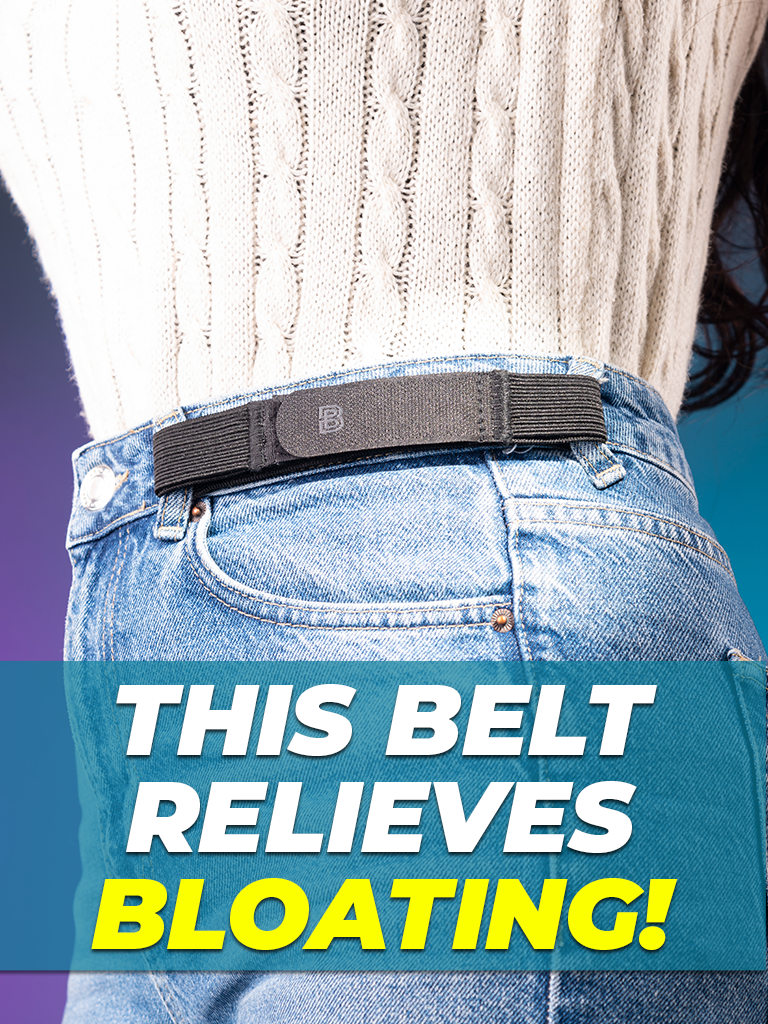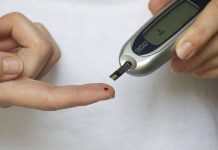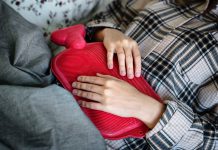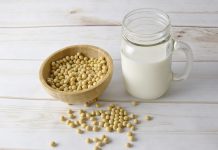Perimenopause, or the beginning of “the change”, starts several years before actual menopause sets in. It is the time in a woman’s life when the ovaries start to produce less estrogen, taking place sometime in her 40s. It can last for several years, until the point when the ovaries stop releasing eggs entirely.
The final stages of perimenopause are indicated by a sharp decline in estrogen levels, when full-blown symptoms start to occur.
Symptoms of Perimenopause
“Incontinence can be quite embarrassing, as symptoms can occur quite suddenly and without warning.”

Some of the more common symptoms of perimenopause include:
- Hot flashes
- Breast tenderness
- Severe PMS symptoms
- Fatigue
- Irregular periods
- Vaginal Dryness
- Mood swings
- Disrupted sleep patterns
- Urinary leakage
Among the most problematic of these symptoms is urinary leakage, which can occur when a woman coughs, sneezes, laughs, or participates in physical activity. Incontinence can be quite embarrassing, as symptoms can occur quite suddenly and without warning.
What are the Causes of Urinary Incontinence During Perimenopause?
Reduced levels of estrogen in the ovaries can cause thinning of the lining in the urethra, the small tube that is responsible for passing urine from the bladder out of the body. Surrounding pelvic muscles may also weaken as we age. The combination of these two physiological changes contributes to what we know as a leaky bladder, a most inconvenient perimenopause symptom.
What are the Symptoms of Urinary Incontinence During Perimenopause?

Many women experience occasional, minor leakage. Types of incontinence include:
- Stress incontinence–the bladder is subjected to pressure when you laugh, cough, sneeze, or participate in physical activity
- Urge incontinence–You have a sudden urge to urinate and an inability to stop the flow from beginning
- Overflow incontinence–Frequent or constant dribbling of ruing due to a bladder that doesn’t empty completely
- Functional incontinence–a physical impairment that prevents you from making it to the bathroom in time
“An evaluation by your doctor can help to determine what is behind your unique situation.”
All of these types of incontinence involve various symptom severity; women experience varying degrees of leakage from mild to debilitating. Incontinence is not a disease; it’s a symptom. It can be caused by everyday habits, an underlying medical condition or even a physical problem. An evaluation by your doctor can help to determine what is behind your unique situation. Certain types of food and drink can exacerbate the problem, including:
- Alcohol
- Caffeine
- Carbonated drinks and sparkling water
- Artificial sweeteners
- Chocolate
- Chili peppers
- Foods that are high in spice, sugar, or acid
- Heart and blood pressure medication
- Large doses of vitamin C
Avoiding these substances will help to alleviate some of these symptoms and reduce the likelihood of having an embarrassing accident when you least expect it.
Urinary Incontinence and Perimenopause: When Do You Talk to a Doctor?
“Eat more fiber which can keep your digestive tract healthy and reduce bladder leakage.”
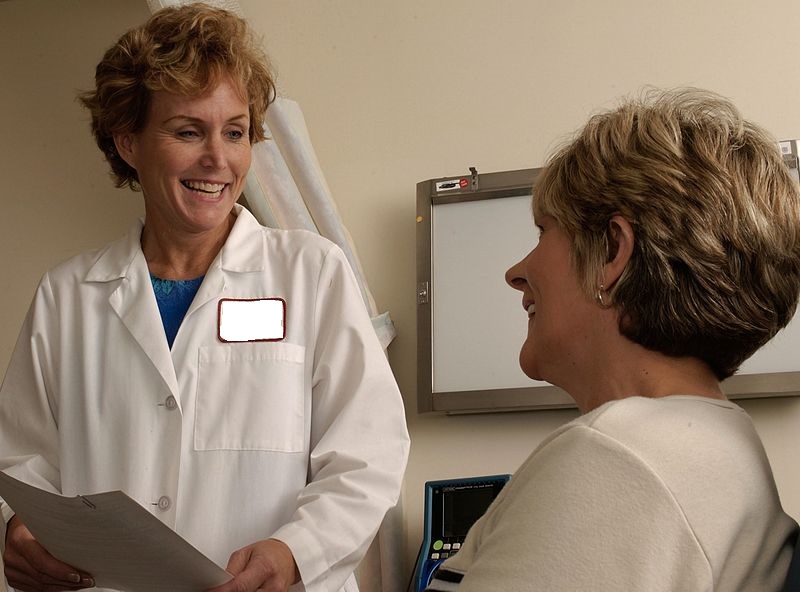
It may be somewhat uncomfortable to talk to a doctor about your symptoms of incontinence, but he or she may have some helpful information on how to naturally reduce symptoms and improve your quality of life while going through these changes.
You can take comfort in the fact that urinary incontinence and perimenopause is a common occurrence, and many have gone before you who have experienced this discomfort, and they have gone on to weather the changes gracefully with a little help from their medical practitioners. Your doctor may prescribe or suggest some of the following actions for reducing your incontinence issue:
1. Maintain a healthy weight—women who maintain physical activity through menopause lessen the severity of their symptoms significantly.
2. Practice pelvic floor exercises—-kegel exercises will work wonders to reduce and possibly eliminate incontinence.
3. Avoiding substances that stimulate and irritate the bladder.
4. Eat more fiber which can keep your digestive tract healthy and reduce bladder leakage.
5. Stop smoking, and reduce your alcohol intake.
You Are Not Alone: Exciting Changes Ahead!
Many women have gone before you, and many have experienced the changes that come with perimenopause, including incontinence. There is life ahead, there are exciting times ahead, and with a little extra support from those around you and your medical doctor, you’ll find relief.
Sources & References:
https://www.webmd.com/menopause/guide/guide-perimenopause#1
https://www.mayoclinic.org/diseases-conditions/urinary-incontinence/symptoms-causes/syc-20352808
https://www.webmd.com/urinary-incontinence-oab/features/oab-diet#1




